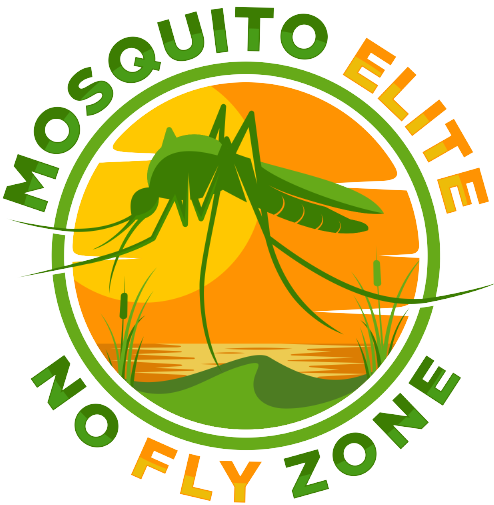Louisiana had an unusually early case of West Nile virus this year.
Just one week into summer, several states reported their first human cases of West Nile virus this year. Louisiana’s first case, strangely, happened months ago.
The disease was detected in East Baton Rouge Parish — during February. That is unusual, according to infectious disease experts and state health officials.
Louisiana Department of Health spokesperson Kevin Litten said West Nile virus typically doesn’t show up before July. The first confirmed case in Louisiana last year did not occur until late August.
Health officials classified the infection as neuroinvasive, meaning it spread to the patient’s brain or nervous system, though Litten said the case was not fatal.
Complications from neuroinvasive West Nile virus can include meningitis, encephalitis or paralysis. Only a small percentage of people sickened by the virus develop a neuroinvasive infection, according to LDH
Louisiana’s case is not reflected on its health department website because the agency doesn’t start issuing its weekly West Nile virus surveillance reports until July, but it is reflected on the U.S. Centers for Disease Control’s website.
Louisiana is one of nine states that have so far reported the disease this year, and the case was one of only 13 in the country as of June 13, according to the CDC. The state had a total of 49 cases in 2022.
Arizona currently has the most with four cases, while Georgia has two. The other states — Illinois, Louisiana, Nebraska, Oregon, Pennsylvania, South Carolina and Wyoming — each have a single case, according to the latest CDC data.
In a phone interview Monday, Dr. Julio Figueroa, chief of infectious diseases at LSU Health New Orleans School of Medicine, said it’s very strange to have a case of West Nile in February and wondered if other factors might explain it.
“The real question is why did they do the testing, and what symptoms were presented,” he said. “It’s an anomaly, which makes you wonder about unusual things like false positives.”
Figueroa explained most doctors would not have considered testing for West Nile during the winter unless they saw some prominent clue that pointed to the virus.
“I guess the other question would be whether the person got it here or somewhere else by traveling,” he said.
The patient could have been infected in a much warmer climate and only developed symptoms later when they got to Louisiana, Figueroa said.
The health department would not provide further details about the case. Litten said epidemiological investigations are typically confidential.
Aside from the case in February, Louisiana has yet to report any human infections this summer, but officials did detect the virus in 23 mosquito samples across the state last week.
West Nile virus is spread by mosquitoes to humans and animals and can cause severe illness or death, though only about 20% of people infected actually experience symptoms, according to LDH. In extremely rare instances, infections are spread through blood transfusions, organ transplants or breastfeeding.
Symptoms typically present suddenly within two to 15 days after a bite. There is no specific treatment or vaccine for humans.
Roughly 10% of infections are fatal, and another 10% cause permanent neurological effects such as paralysis or brain damage, according to LDH.
A mosquito gets infected by biting a bird infected with West Nile. Mosquitoes do not transmit the virus between people, so an uninfected mosquito cannot bite a human with the virus and become infected.
West Nile virus was first confirmed in the United States in New York City in 1999 and then spread across the country, reaching Louisiana by 2001, according to LDH.
Anyone bitten by a mosquito is at risk for West Nile. Experts say the best ways to avoid the virus are to take precautions against mosquito bites and stay generally healthy so that one’s body is better able to fight off the infection.
Officials urge people to be particularly careful around dusk and dawn when mosquitoes are most active. Anyone going outdoors should use mosquito repellant, wear long sleeves and use mosquito netting for baby strollers and when sleeping outdoors.
Do not apply repellant under clothing, to wounds or irritated skin, the hands of children, or to infants younger than two months old. Residents should install or repair window screens and mitigate any outdoor containers, bird baths or areas that can collect standing water, which mosquitoes require for breeding.
